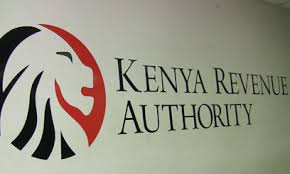The Kenya Revenue Authority (KRA) has invited members of the public to submit their views on the Draft Excise Duty (Remission of Excise Duty) Regulations, 2025, giving them 20 days to provide feedback before the rules are finalized.
In a public notice, KRA said the draft regulations were developed by the Commissioner General on behalf of the Cabinet Secretary for the National Treasury and Economic Planning. The authority explained that the move is part of efforts to enhance transparency and involve Kenyans in shaping tax policies that directly affect businesses and consumers.
The draft regulations, now available on KRA’s website, detail how excise duty can be remitted or refunded under specific conditions. Excise duty is a tax charged on selected goods and services, including alcohol, tobacco, and soft drinks. The proposed law sets out the framework for remission when products are exported, destroyed, or used in ways that qualify for a refund under existing tax legislation.
According to the notice, the regulations also outline the application process for remission, the documentation required, and the conditions applicants must meet to qualify. This is expected to provide greater clarity for businesses that frequently deal with excise duty, especially manufacturers and exporters.
KRA urged stakeholders including professionals, industry players, and the general public to carefully review the proposed changes and submit their views before the September 26, 2025 deadline. Contributions can be sent in writing to the Commissioner General at P.O. Box 48240-00100, Nairobi, or by email to stakeholder.engagement@kra.go.ke.
“The Authority is committed to ensuring openness and inclusivity in policy formulation,” the statement noted, emphasizing that public participation is not only a legal requirement under the Statutory Instruments Act, Cap. 2A, but also a way to ensure regulations serve the best interests of Kenyans.
By inviting public engagement, the KRA hopes to build consensus around the remission rules, streamline compliance, and ensure that the excise duty framework aligns with the country’s economic and fiscal priorities.

